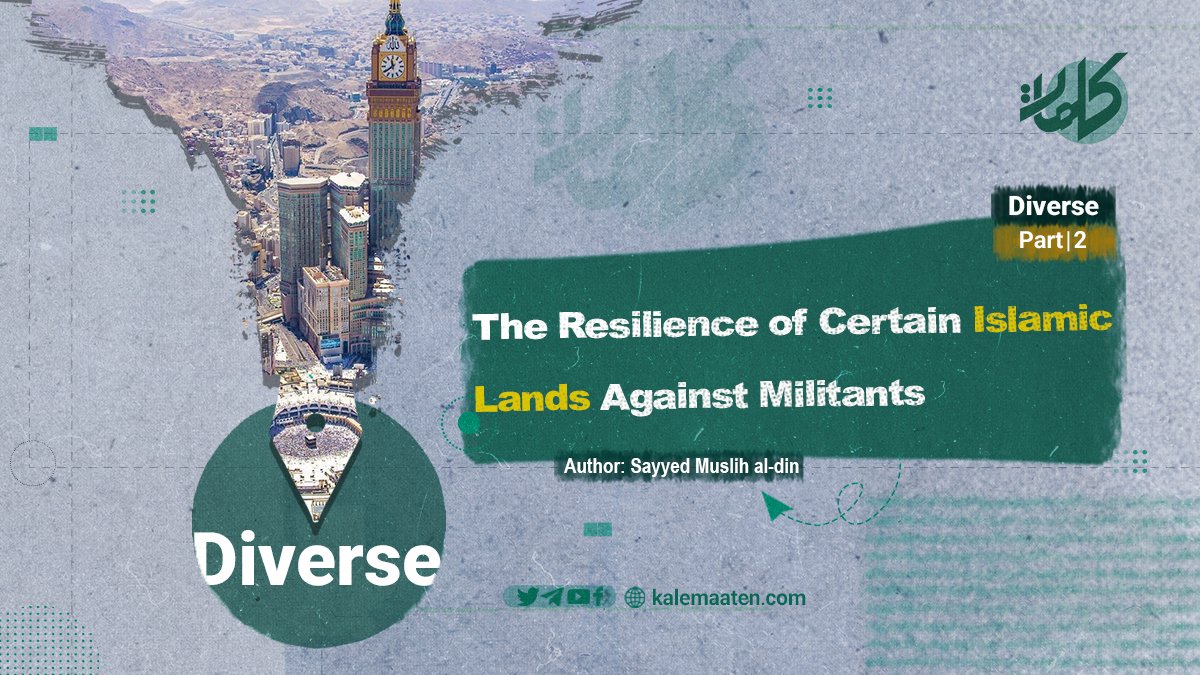Author: Sayyed Muslih al-din
The Resilience of Certain Islamic Lands Against Militants (Part Two)
Resilience of Aleppo Against the Crusader Invasion
At the beginning of the Crusades in the Levant (Sham) and the Arabian Peninsula, the city of Aleppo faced repeated attacks by Christians, culminating in the siege of the city in 518 AH. Aleppo held a unique strategic position in military, political, economic, and social aspects, serving as a vital connection route between two Christian territories: the “Free” government east of the Euphrates Island and the “Antioch” government west of the Mediterranean Sea. Capturing this city would not only connect these two territories and secure safe passage for communication routes but would also separate the Muslim Turkmen lands scattered throughout the peninsula, the Anatolian Euphrates, and the northern Levant. Unity among these lands could have organized an effective jihadi movement against the Crusaders. From this perspective, the capture of Aleppo was crucial for the Crusaders, as it could play a significant role in securing their interests and goals.
Simultaneously, events in Aleppo complicated the situation. Rezwan ibn Taj al-Dowla, the Seljuk Tutush, died in 507 AH. His subsequent sons proved incompetent in managing affairs, leading to the political ruler losing authority and a disintegration of military organization. The culmination of these internal challenges resulted in 511 AH, when the army turned on Lulu, the son and successor of Rezwan, and killed him, plunging Aleppo into chaos and making it vulnerable to capture.
Haden Roger, the emir of Antioch, appointed the Armenian Yarqatash as the successor ruler in Aleppo. In return for this appointment, Yarqatash expended wealth and ceded some privileges, including tax rights on trade caravans, to Roger. Consequently, Roger became the political superior in Aleppo, effectively overseeing the removal and appointment of Muslim emirs, resulting in the city being effectively governed under the banner of the Crusaders.
Amidst this turmoil, the inhabitants of Aleppo sought a powerful ruler capable of managing their city’s affairs. In the same year, they requested Ilghazi Artaqi, the ruler of Diyarbakir, to annex Aleppo to his territory. Following this request, Ilghazi expanded his realm to cover Aleppo, formally declaring control over the city and its dependencies. However, his numerous political concerns in Diyarbakir hindered him from attending to Aleppo and addressing its issues effectively. This absence allowed the Crusaders to intensify their assaults on Aleppo and exploit the existing chaos.
This situation persisted until 516 AH, when Ilghazi Artaqi died. The Crusaders aimed to disrupt the defense system by dividing Aleppo among his sons, intending to accelerate their advances in northern Syria by taking advantage of weakened Muslim forces in the area. Nevertheless, this plot was thwarted by the uprising of Balk ibn Bahram, Ilghazi’s nephew, who raised the banner of jihad against the Crusaders. Balk successfully guarded Aleppo against imminent threats through his resilience.
Unfortunately, the temporary government of Balk ibn Bahram did not endure. Two years later, after his death, power fell to his ineffectual cousin, Husam al-Din Tamertash. Following Balk’s demise, the Crusaders prepared for a second attempt to storm Aleppo and realize their ambition of dominating the city.
Historian Ibn Adim describes the situation in Aleppo during Tamertash’s reign as follows: when Tamertash assumed leadership, his revelry distracted him from state affairs, leading to chaos throughout Aleppo and a weakening of the Muslim emirate. Upon taking power, Tamertash released Baldwin II, King of Jerusalem, who had been captured by Balk ibn Bahram during an anti-Crusader campaign, for a nominal sum. Not only did he grant Baldwin a warm welcome at his court, complete with royal attire and the return of his horse, but he also showed reluctance to resist the Crusaders. This ultimately allowed the Crusaders to encircle Aleppo and pursue their long-held ambitions. As previously mentioned, the city was besieged by the Christians in 518 AH, enduring one of the most challenging campaigns in the history of the Crusades.
Continues…
[1] – Zubdat al-Halab, Vol. 2, p. 220.
[2] – Zubdat al-Halab, Vol. 2, p. 222. Al-I’tibar by Ibn Munqidh, pages 103, 120, and 121.



